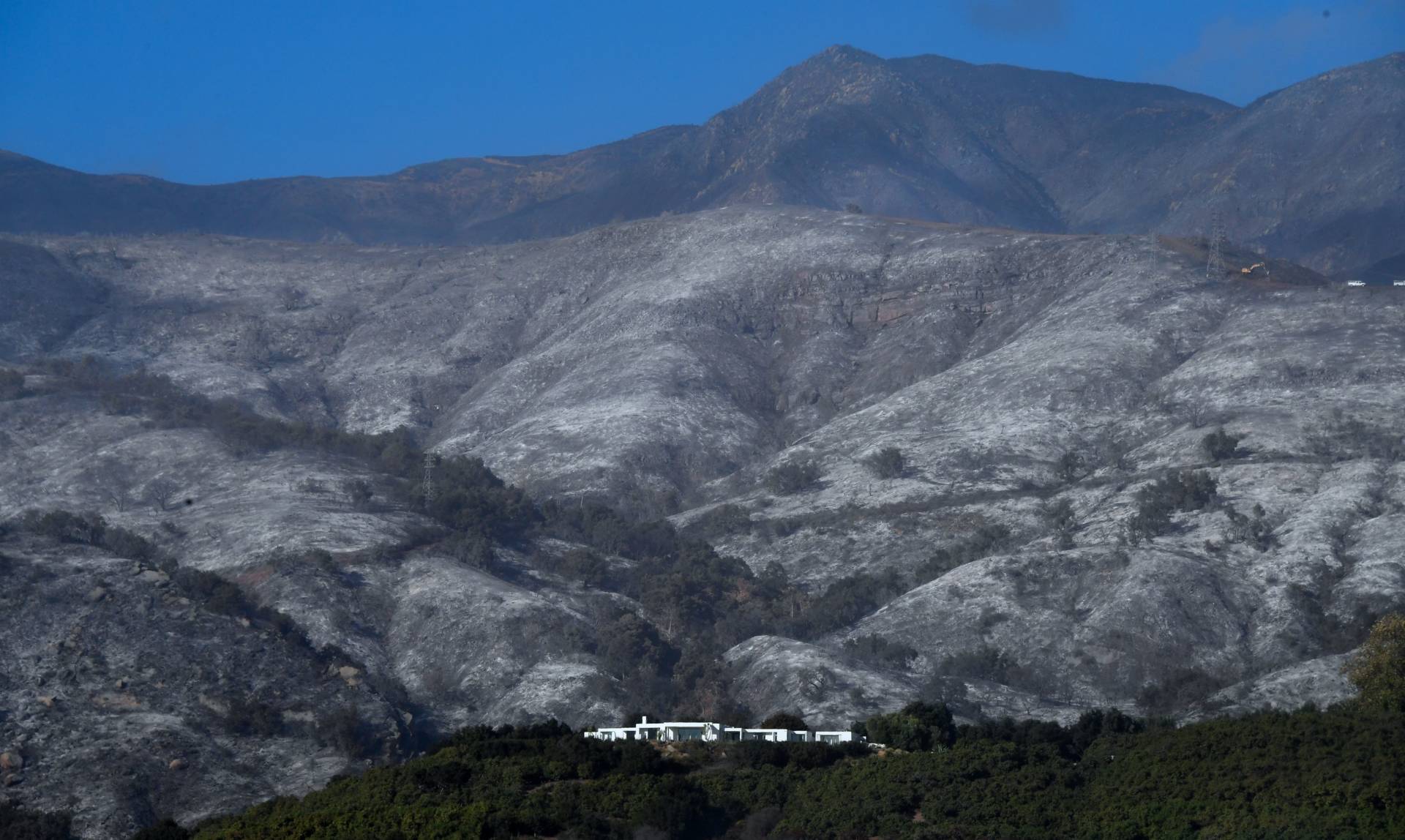“This was a fascinating and difficult story to work on,” said Next Meal producer Gabriela Quirós. “There’s a lot of information and misinformation out there. For example, many people think that genetically engineered wheat is being grown in the United States, but that’s not the case. No genetically engineered wheat is being grown anywhere in the world. On the other hand, it was surprising to find out that nearly all the soybeans, corn, sugarbeets and cotton grown in the U.S. are engineered.”
The film takes the viewer on a journey to:
- visit the labs of two Northern California biologists who are engineering crops that could alleviate malnutrition in developing countries and withstand climate change
- learn the history of the first genetically engineered food to reach the market in 1994: a popular, yet short-lived tomato created in Davis
- meet a farmer in Los Banos who is reaping economic benefits after switching from conventional to genetically engineered alfalfa
- talk to a Marin County organic dairyman who has concerns that there may be health and environmental harm associated with genetically engineered crops, and who fears they could contaminate the organic hay he feeds his cows
- hear from California anti-genetically engineered food activists and from Monsanto’s CEO.
Next Meal will air on PBS stations throughout California starting in May. Currently, stations airing the documentary include: KOCE (PBS SoCal – Los Angeles and Orange County) Sunday, May 12, at 6:30pm; KVIE2 (Sacramento) Saturday, May 25, at 11:30pm; and KVCR (Los Angeles) Tuesday, May 28, at 10pm.
In October, KQED will air QUEST Northern California’s half-hour special on Lake Tahoe, examining its storied history, recent gains in the improvement of water clarity and emerging threats to its fragile environment - from climate change to invasive species to forest fires. KQED will also air a six-part, half-hour QUEST national television series exploring the science of sustainability. The series will take an in-depth look at the ways in which science is striving to make energy generation, water consumption and food production more sustainable in the face of climate change.
About QUEST
Launched in February 2007, QUEST is KQED’s largest multimedia project to date. Since its inception, QUEST has reached more than 60 million viewers and listeners through its traditional television and radio broadcasts and growing Web audience. QUEST’s ultimate aim is to raise science literacy by inspiring audiences to discover and explore the latest science and environmental news, trends and issues. In September of 2012, QUEST received a prestigious grant of $2.5 million from the National Science Foundation to focus storytelling around sustainability science, and to expand its multimedia science reporting model to five additional public broadcasting stations across the country. As a result, QUEST now includes QUEST Northern California(KQED, San Francisco), QUEST Nebraska (NET, Nebraska), QUEST North Carolina (UNC-TV, North Carolina), QUEST Northwest (KCTS 9, Seattle), QUEST Ohio (WVIZ, WCPN, Ideastream, Cleveland) and QUEST Wisconsin (WPR, WPT, ECB, ICS, Wisconsin).
QUEST Northern California is also now part of KQED Science, with more reporting on science and environment news and events from the Bay Area and beyond. Funding for KQED’s science education and reporting is provided by the S. D. Bechtel, Jr. Foundation, the Mary Van Voorhees Fund, the Follis Family Fund, the David B. Gold Foundation, the Dirk and Charlene Kabcenell Foundation, the Vadasz Family Foundation, the Wyncote Foundation, the Amgen Foundation and the George G. and Jeanette A. Stuart Charitable Trust, and the members of KQED.
About KQED
KQED serves the people of Northern California with a public-supported alternative to commercial media. Home to the most listened-to public radio station in the nation, one of the highest-rated public television services and an award-winning education program, and as a leader and innovator in interactive technology, KQED takes people of all ages on journeys of exploration — exposing them to new people, places and ideas.

